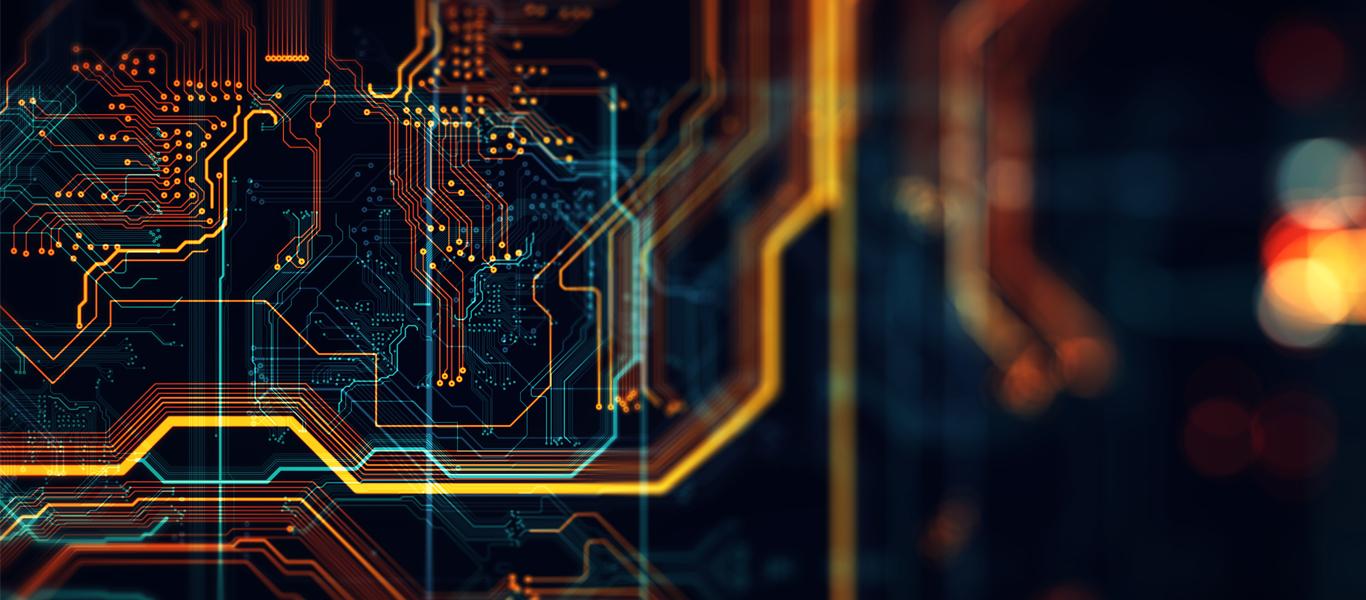Rapidly developing faculty’s innovative studies allow form emerging subjects. Inside the John Crerar Library, you would possibly seize a glimpse of the future. Just off the foyer, University of Chicago pc scientists and artists use digital fabrication equipment within the Media Arts, Data, and Design Center to create stretchable electronics that would strengthen the following day’s wearable devices. While upstairs, researchers aren’t simply advancing information technology and artificial intelligence rules but facilitating their application in other fields and sniffing out how malicious parties should exploit them.
What’s occurring inside the newly renovated home of laptop technology at UChicago displays the branch’s ongoing transformation and increase, which has elevated inside the final three years. Since the arrival of Prof. Michael Franklin in 2016 because the Liew Family Chair of Computer Science, the branch is on course to almost double in length, including new faculty with understanding in modern-day regions from AI to human-computer interplay, from statistics technological know-how to cybersecurity.
The expansion has come as the hobby in computer and records technology grows markedly. Reflecting country-wide tendencies, undergraduate enrollment in laptop technology guides at UChicago has surged in the final decade, and bachelor’s and Ph.D. degrees granted within the subject have grown more than 500 percent. With new college come new publications and laboratories in which college students can interact with modern topics, including robotics, quantum computing, laptop imagination and prescient, and cryptocurrencies.

Today, pc technology is more closely interwoven with society than ever, worrying about collaborative, multidisciplinary studies. Franklin and colleagues envision a uniquely UChicago method to pc and statistics technological know-how—one this is based totally on computing foundations and uses the vast possibilities of statistics to pioneer powerful packages to shape and outline those rising fields. That holistic imagination and prescience are supported by joint computer technology programs with the Harris School of Public Policy and the Booth School of Business, and new campus-wide tasks consisting of the Center for Data and Computing, which catalyzes facts technology collaborations across divisions and colleges.
“The manner you do impactful laptop technological know-how research is to paintings with folks who are seeking to clear up actual troubles,” Franklin stated. “Computation and information science have come to be powerful strategies for reformulating traditional questions on markets and society, human fitness and the arts. The University is uniquely poised to define the destiny of laptop and facts technological know-how in the light of our way of life of inquiry and effect.”
New colleges deliver an imaginative mindset.
Asst. Prof. Pedro Lopes’ laboratory has the texture of an excessive-tech toy workshop. Using the latest in 3-D printers, muscle-stimulating wearables, and digital fact headsets, Lopes and his college students conjure up experimental new technologies—from musical gadgets you play by plucking the air to sensory illusions that make VR stories extra realistic. Occasionally, Lopes’ hobbies spill over into the art world, including Ad Infinitum, an set up on the 2017 Ars Electronica assembly wherein a “parasitic” machine took manage of users’ muscle tissues to power itself.
The paintings sit at the leading edge of human-computer interaction, an inherently multi-disciplinary sub-field of computer technological know-how that research how we use our gadgets—and the way they form us. Lopes, who joined UChicago in January, processes his subject with the aid of first inventing new technology, then interrogating their scientific and philosophical meaning. For him, the breadth of the information displayed by UChicago students and school convinced him the university became the proper vicinity to base his studies.






